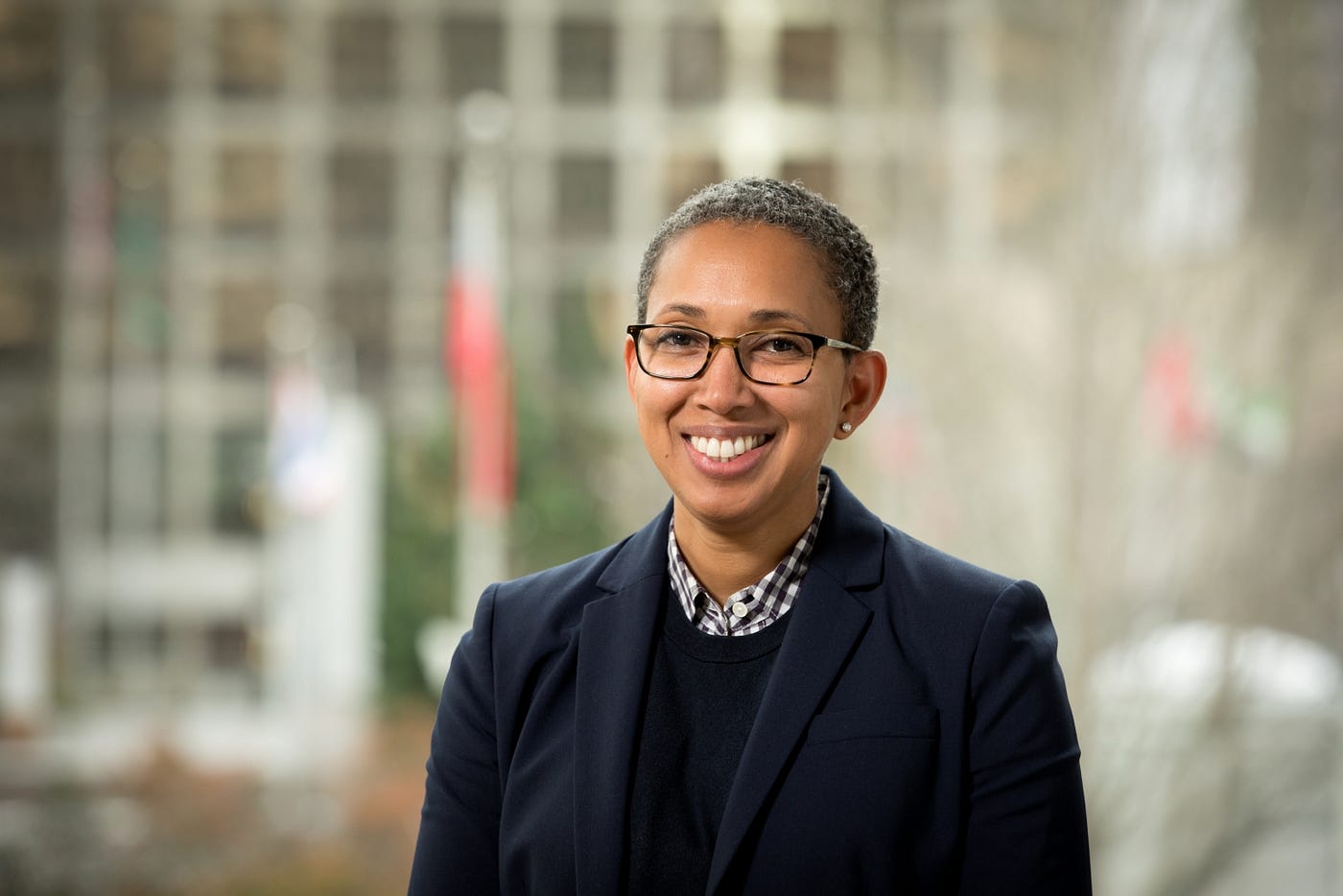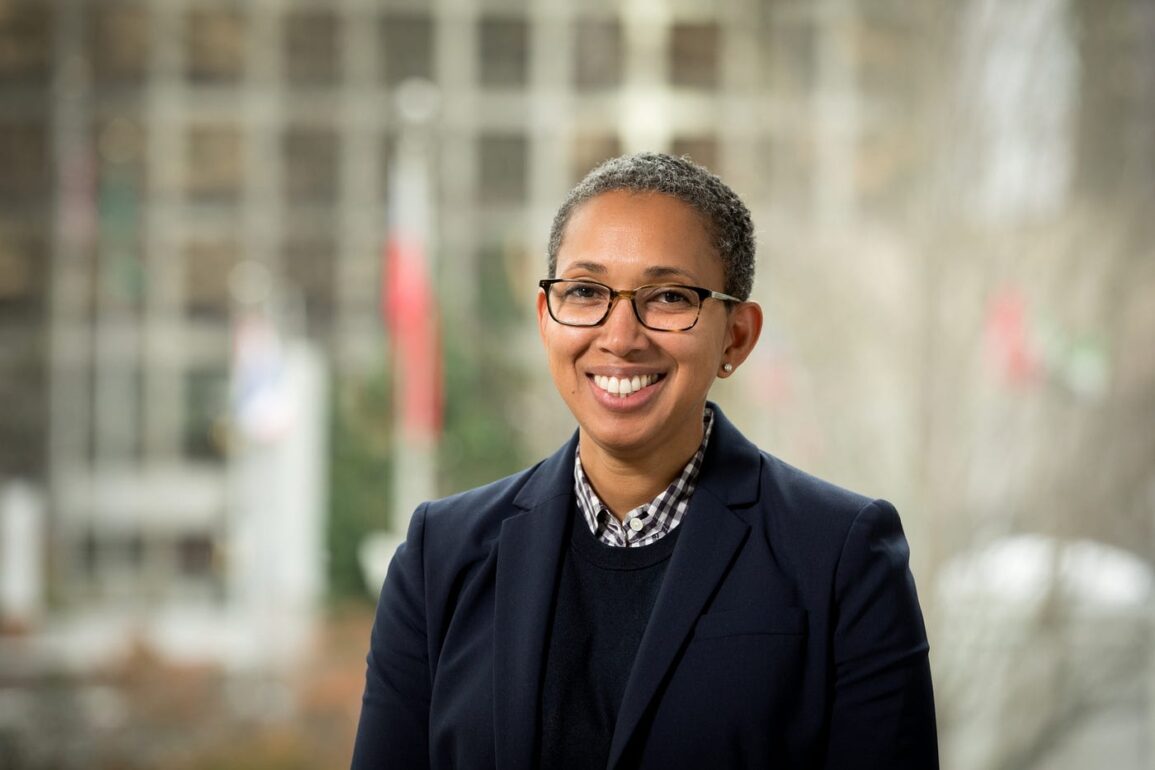
Research has shown that Black adults experience higher rates of sleep disorders, such as sleep apnea, insomnia, and irregular sleep patterns, more frequently than other demographic groups.
Dr. Ivor Horn, Google’s Chief Health Equity Officer, is at the forefront of addressing these health disparities using AI.
Her role mainly involves bridging healthcare gaps by using technology to enhance healthcare equity, particularly for marginalized communities.
Sleep Disorders With Black People
Factors contributing to less sleep among Black individuals include location, environmental noise, light pollution, and broader socio-economic issues such as stress and racial discrimination.
All these factors can significantly influence the quality of sleep, which in turn impacts health conditions like cardiovascular disease and hypertension.
“I think it’s so important because I think it’s something that we [those in the Black community] don’t think about sleep as part of our health,” Horn told Blavity.
Role of AI in Bridging Healthcare Gaps
Google’s advanced sleep monitoring technology, embedded in devices like the Pixel Watch, is a prime example of how AI can play a pivotal role in health management.
While these devices are not designed to diagnose conditions outright, they are instrumental in tracking sleep patterns.
This technology allows users to observe variations in their sleep, which can be critical information for healthcare providers working to enhance overall wellness.
“It looks not just at how much sleep you get; it also looks at those stages. It looks at periods when you wake up during the night, how much sleep you get and how much deep sleep you get, how much REM sleep you get, and how all of those things come together as a score.”


